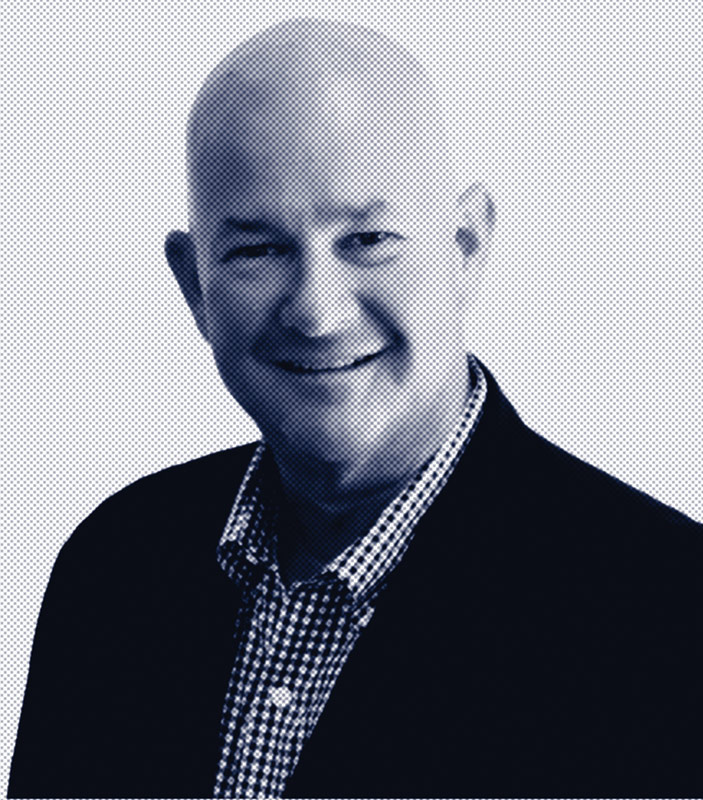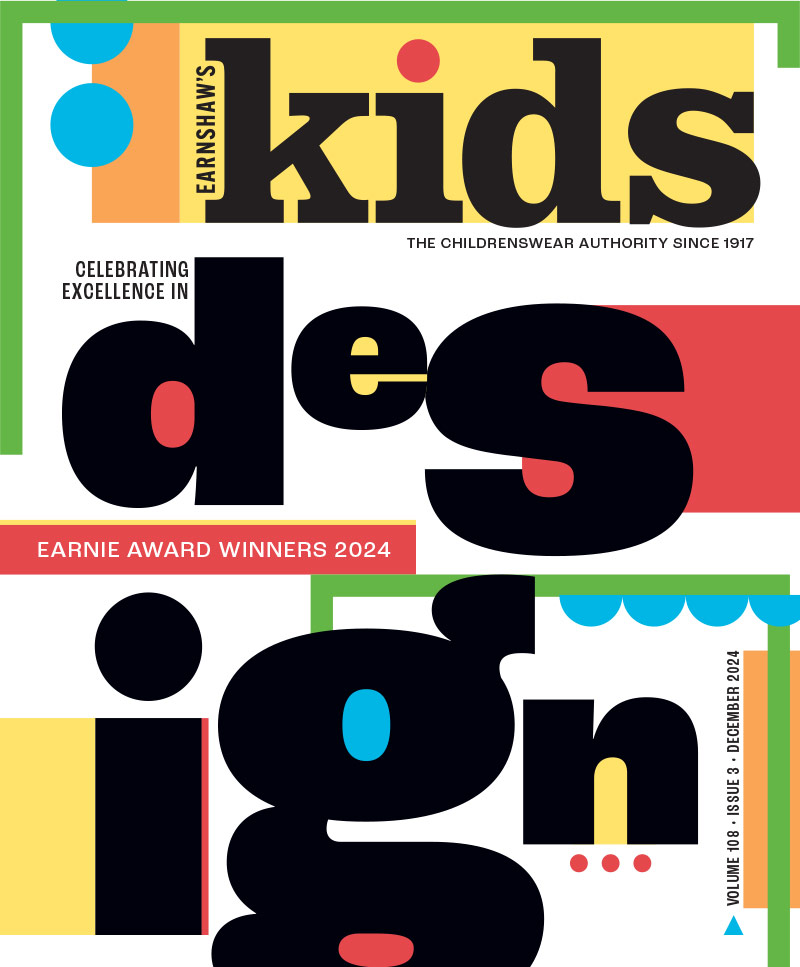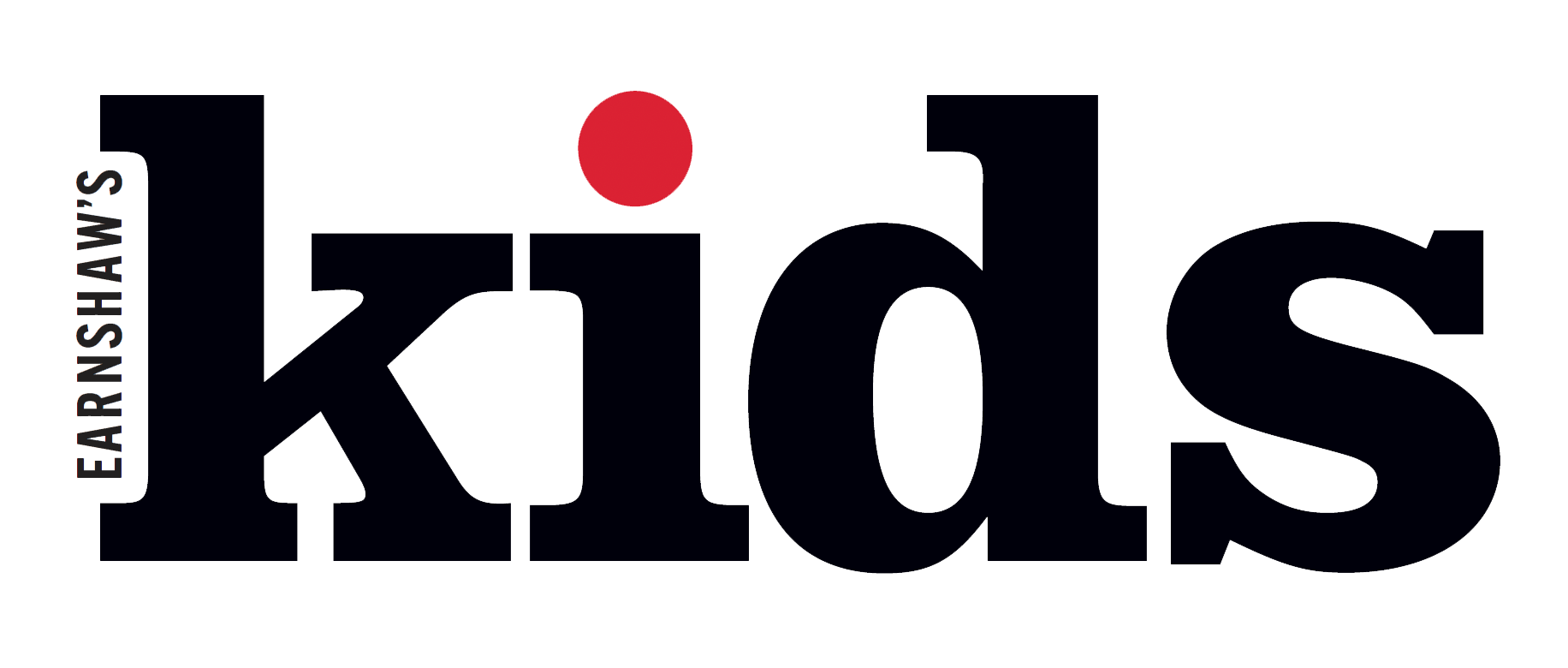Balboa Baby Founder Noel Pepys on baby gear, baby safety and giving back.
 Noel Pepys was literally born into the baby business. Like many childrenswear companies, his mother, Shirley Pepys, saw a need in the market and founded Noel Joanna, Inc. (NoJo) the year Noel was born. She teamed up with Dr. William Sears, also known as “America’s pediatrician” and author of 40 books, to create baby products that moms could trust. Having grown up at NoJo—his mom would often take him to the office with her—Noel was weaned on a regular diet of babies, gear and toys. After selling NoJo to Crown Crafts in 1997, she then teamed up with her son to create Balboa Baby in 2008. Now, taking up where mom left off—Noel bought out Shirley in 2012—Balboa Baby remains rooted in baby gear, specifically baby carriers, nursing covers, shopping cart covers, car seat canopies and bedding. The company’s adjustable slings are particularly popular and the website is filled with step-by-step instructions on how to “wear your baby” as well as safety dos and don’ts. Balboa Baby is carried at specialty stores and major stockists such as Babies “R” Us, Bed Bath & Beyond and even Amazon. Earnshaw’s caught up with Noel to find out what has kept him in the baby business all these years. Short answer? It’s in his blood.
Noel Pepys was literally born into the baby business. Like many childrenswear companies, his mother, Shirley Pepys, saw a need in the market and founded Noel Joanna, Inc. (NoJo) the year Noel was born. She teamed up with Dr. William Sears, also known as “America’s pediatrician” and author of 40 books, to create baby products that moms could trust. Having grown up at NoJo—his mom would often take him to the office with her—Noel was weaned on a regular diet of babies, gear and toys. After selling NoJo to Crown Crafts in 1997, she then teamed up with her son to create Balboa Baby in 2008. Now, taking up where mom left off—Noel bought out Shirley in 2012—Balboa Baby remains rooted in baby gear, specifically baby carriers, nursing covers, shopping cart covers, car seat canopies and bedding. The company’s adjustable slings are particularly popular and the website is filled with step-by-step instructions on how to “wear your baby” as well as safety dos and don’ts. Balboa Baby is carried at specialty stores and major stockists such as Babies “R” Us, Bed Bath & Beyond and even Amazon. Earnshaw’s caught up with Noel to find out what has kept him in the baby business all these years. Short answer? It’s in his blood.
How did you get started in the business?
My mom started NoJo back in 1970. I was one of the namesakes of the company and her partner, at the time, had a daughter named Joanna. Mom ran NoJo for about 25 years, and then sold it to Crown Crafts. At that time, my sister Renee Pepys Lowe was working for my mom. When my mom sold it, my sister decided to do her own thing as well, and she started CoCaLo. Then about when I started, Renee sold her company to Kid Brands, which unfortunately is no longer with us. It’s been in the family blood forever. I worked with my mom and her company in bedding and then after college, I actually did go to work for apparel company St. John Knits in Irvine.
Chat Room
Who would you invite out for a drink, dead or alive?
I’m a big U2 fan, so I think it would be Bono. He’s a smart businessman, obviously a great musician, but then what he does on the philanthropic side with the (Red) campaign and all the Third World country work he does. I just think he’d be a fascinating person to talk to.
What book is on your nightstand?
The current book I’m reading is Growth Hacker Marketing by Ryan Holiday. It’s a small, quick read book, and it’s about the future of PR, marketing and advertising. It kind of goes through how Google and Netflix did all their non-traditional advertising to get their word out. What stands out is we need to do more. We’ve been a traditional company. I grew up with traditional advertising thinking, so now I need to rethink what we’ve been doing.
What would people be surprised to learn about you?
My big hobby is boating. I love to get on a boat and go to Catalina, but I don’t think that would surprise people. I love the water—on the water, in the water—I just love it!
How did Balboa Baby come about?
It was a brand new entity which we started in 2008. I had been at St. John Knits for 10 years and growing up in an entrepreneurial family—my mom had NoJo and my dad had a printing and warehousing company—I always knew I wanted to do my own thing. I wanted to be my own boss. I like the diversity and I like the freedom. My mom had a partner at the time to help me get it launched, but she wasn’t involved in the day-to-day. I have since bought her out.
What was one of the first lessons you learned in starting this business?
The first lesson or challenge was in 2012 when our competitor’s sling was recalled. Our sling was our core business at the time. That recall and the involvement of the U.S. Consumer Product Safety Commission really changed the industry. It changed the category. It threw a wrench in our business.When people hear ‘recall,’ it gets a lot of attention. It scares people. Unfortunately, it brought down products and categories. We spent years and years getting the business back and proving that there are safe ways to wear your baby.
Why did you choose to remain in the childrenswear world?
It’s just what we know. It’s what we love, and it’s in our blood. I grew up in it… my mom worked, so if I was sick, I would go to the office. I’d sit on the office floor, and when I got older, I’d be around packing up toys and sending them out to customers.
I understand your alliance with Dr. Sears helped you get through to customers. Tell me about that.
Dr. Sears was a big help. He’s extremely well-known. He’s known as America’s pediatrician. With him, we were able to create videos and educate people on the safe ways of baby wearing. Not only safety, but the benefits of baby wearing; babies cry less, etc. It took some time, but that really helped us through all of this.
How did you first encounter Dr. Sears? When my mom was at NoJo, she contacted Dr. Sears and he was looking to make a change and they introduced the original baby sling to market. That’s really how we got into that business and that product.
What is the size of your company these days?
We’re a small company. I have my hands in a little bit of everything. That’s what I enjoy the most. I like getting dirty and doing it all. In our office there are four of us. We outsource manufacturing overseas and use a third-party warehouse.
Where are your goods manufactured? China, but my sister, Tiffany Pepys Hoey, creates all the designs [in California]. She was actually at St. John Knits for over 20 years as the senior vice president of design.
What are some of the challenges in retail right now?
It’s definitely challenging. Clearly, the number of mom-and-pop shops and the specialty stores have shrunk significantly in our industry. The specialty stores are mostly gone. There’s still a few remaining, but it’s just changed dramatically. Retail in general is extremely tough.
Is it irreparably damaged or do you think it is in a state of transition?
I read something about retail centers becoming like entertainment complexes. They are getting away from straight retail. You basically have to reinvent and engage wholesale as the world turns.
Do you think there’s a general boredom with shopping?
I don’t think it’s boredom. I think some priorities have changed. The younger generation—Millennials—don’t seem to need as much stuff.
If you could change one thing, what would it be? What would be your utopia?
My utopia definitely would be more stores, especially in the baby industry. There are so few stores to choose from, and we’re all fighting for the same piece of the pie.
What are your primary stockists?
I have Buy Buy Baby, Babies “R” Us, Amazon and Target. Those are four majors. Our price point is a little higher, so we’re not in Walmart or Kmart. I wish there were more bigger players, and I wish there were more specialty stores.
How do you view today’s consumer and today’s moms?
It’s a digital generation. I was in a conference in January. They had a panel of new moms, and the questions were, “How many moms shop at Babies ‘R’ Us?” Out of 10 people, maybe one put her hand up. “How many shop at Buy Buy Baby?” Maybe two hands went up. “How many shop on Amazon?” All 10 hands went up.
What new categories are you considering?
We introduced bedding about two years ago, so that was a big transition push for us. Our main focus right now is all of our different categories and new direction. People love our fashion direction, and so that’s what we’re going to give them—that is our new knits, new prints, new colors, and so on. Although, we are coming out with a new kind of simplified basics, it’s going to be a new vision. We’re toying around with calling it our new ‘vintage’ collection, because it kind of has a vintage feel. It’s a natural looking fabric, simple stripes, patches for the logo. That’s something we’re working diligently on for the upcoming Spring/Summer ’17 shows.
Where do you see Balboa Baby years from now?
We would like to see it become more of a household name to really get people to understand and focus on our brand.
Let’s talk about your love of philanthropy. What has the company done in that regard?
Every year, we donate to Kids In Distressed Situations (K.I.D.S.), First Candle and La Leche League International. Locally, our family’s been involved with the Orangewood Children’s Foundation for years. Recently with Orangewood, my mom and sister pioneered the Advanced Studies Fund, which supports foster kids through high school. They’re finding ways to help them to get into college, and then beyond that, for advanced degrees. We were always involved with industry charities. It’s just always been part of the company, but more importantly, I grew up in a very charitable family. My brother was adopted, so I was in a foster youth charity. It’s always been a part of who we are.
What are the challenges of running a private company?
While you’re establishing your company and growing, you have limited resources. The one thing I love is the one thing that also keeps me up at night. I’d like to do it all, but there’s only so much I can do. The goal is to get to a point where we can hire more experts and do more.
What’s the secret to you and your mom’s longevity in this industry?
We stay focused on the core. That’s what got us here. Don’t go after some trend, but stay focused on what’s been working and that’s always been our baby carriers. From there, we launched our nursing covers, then car seat canopies and shopping cart covers. Those four items do well for us.



Leave a Comment: